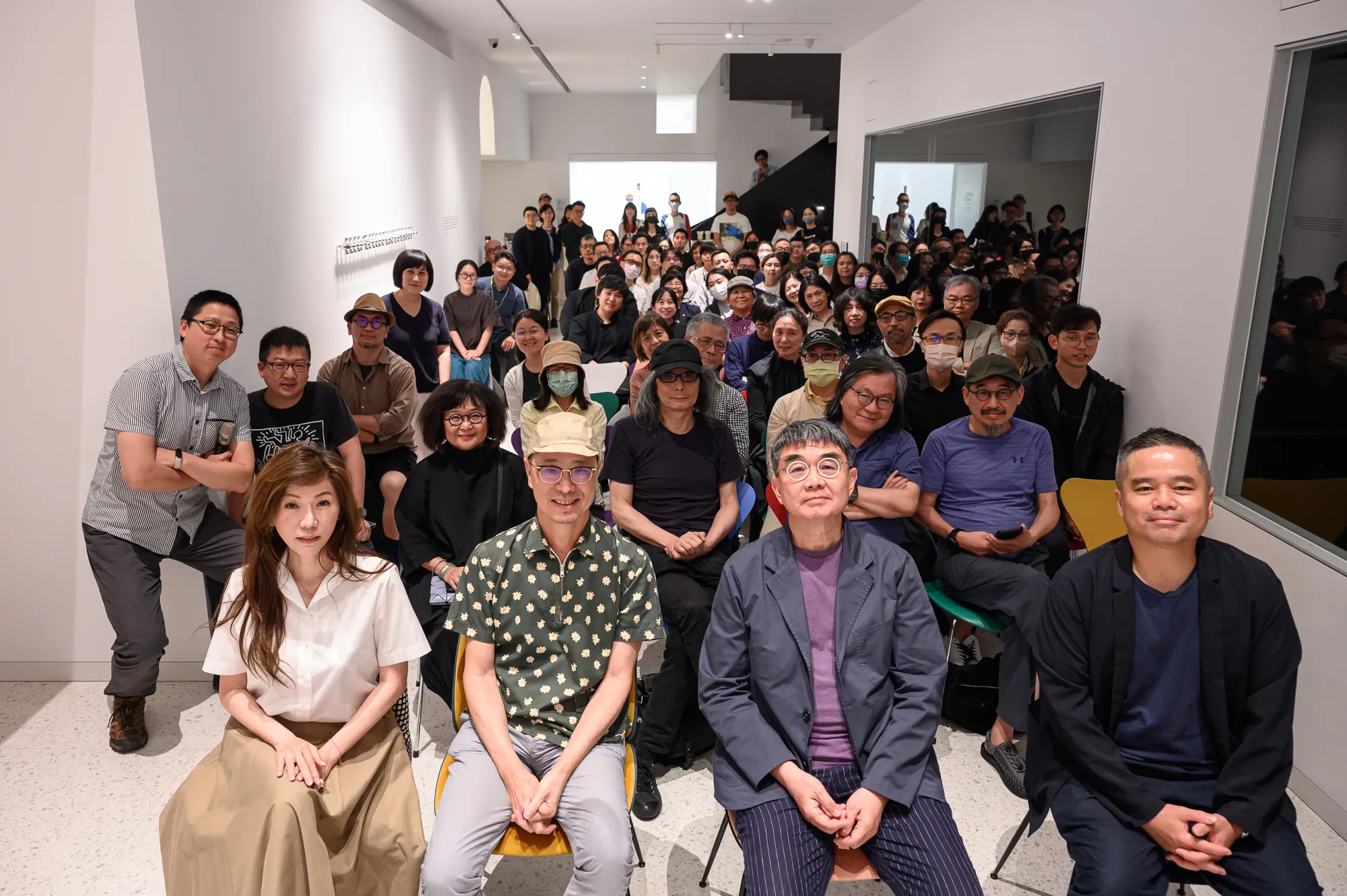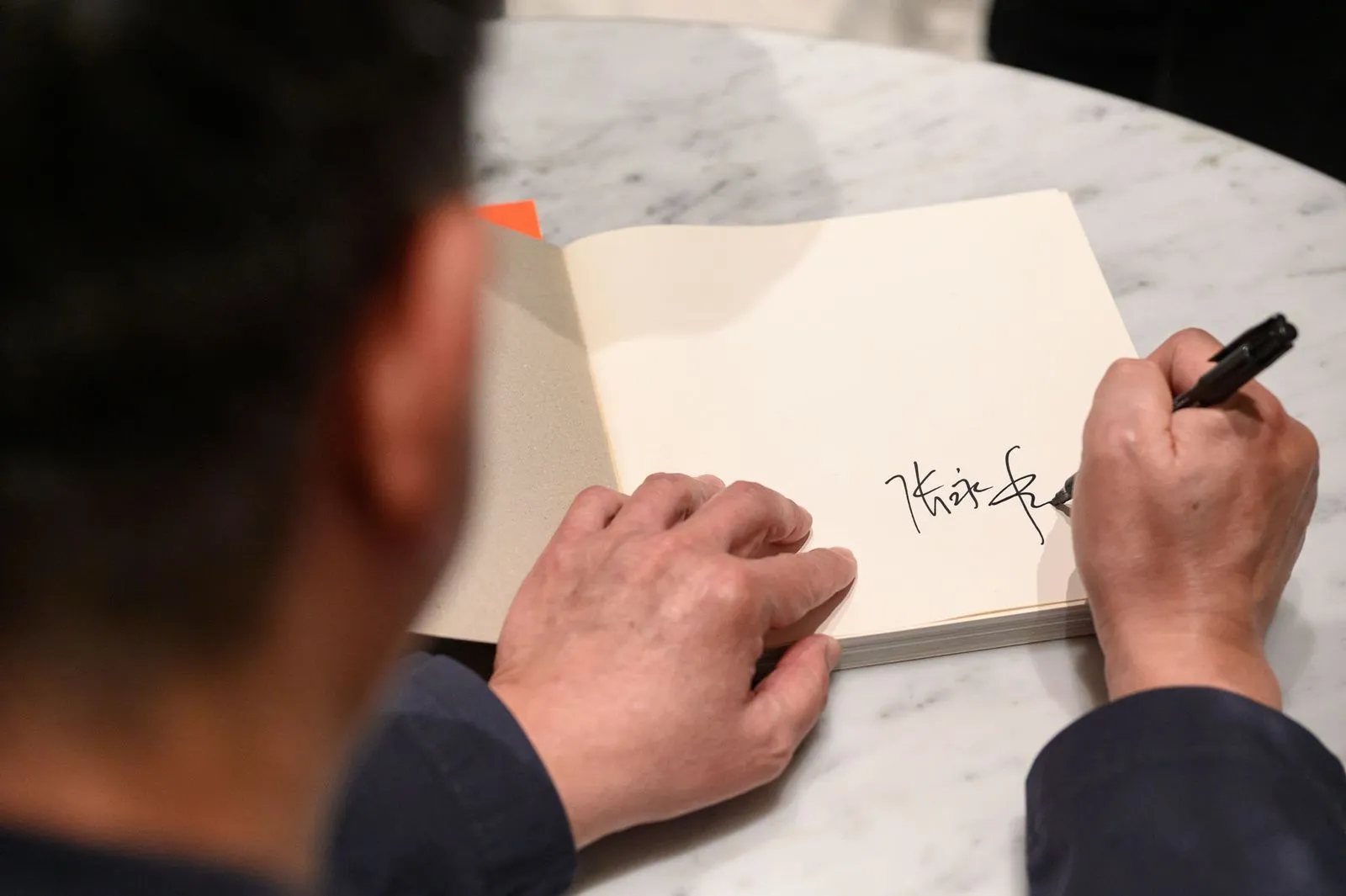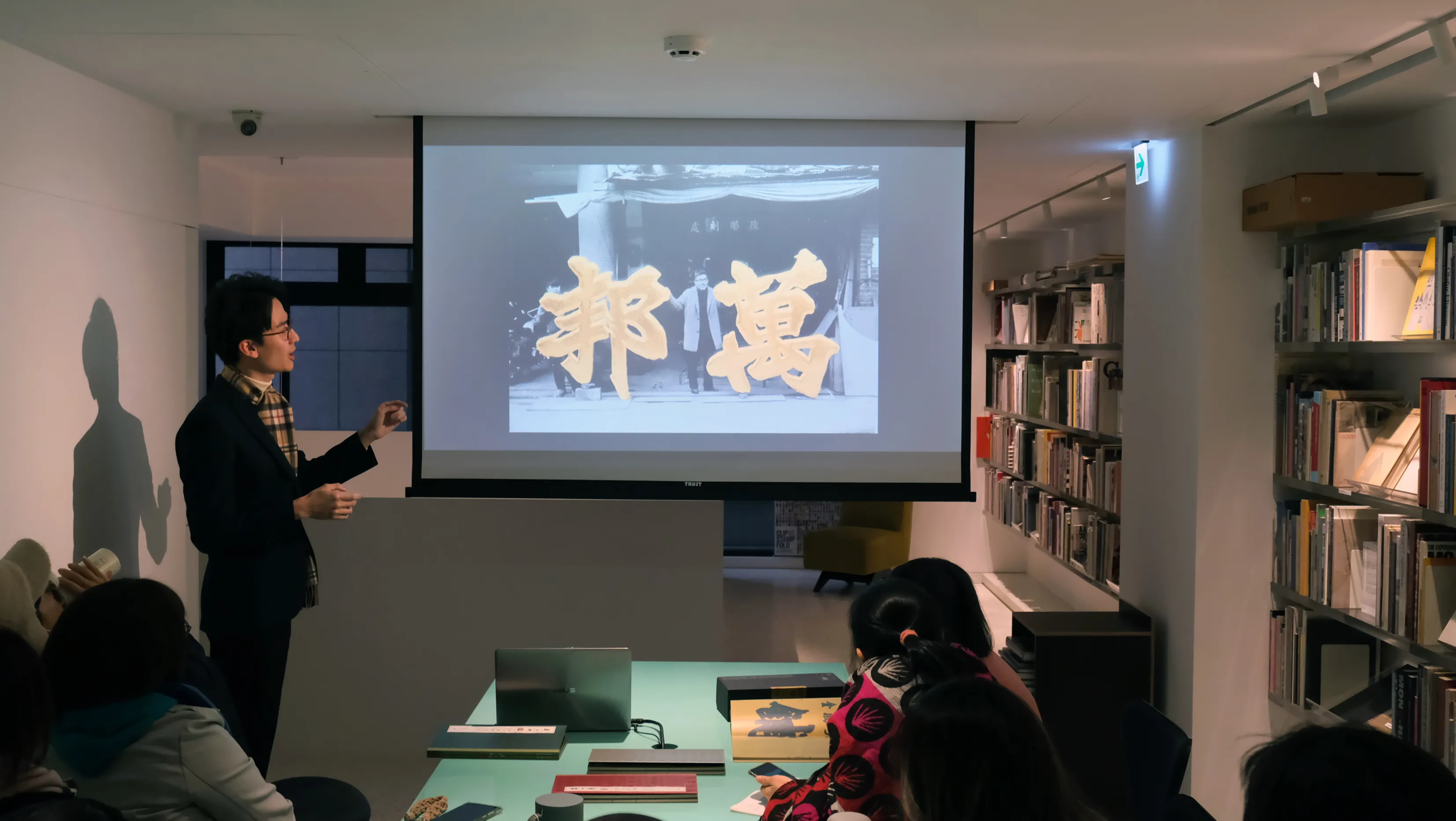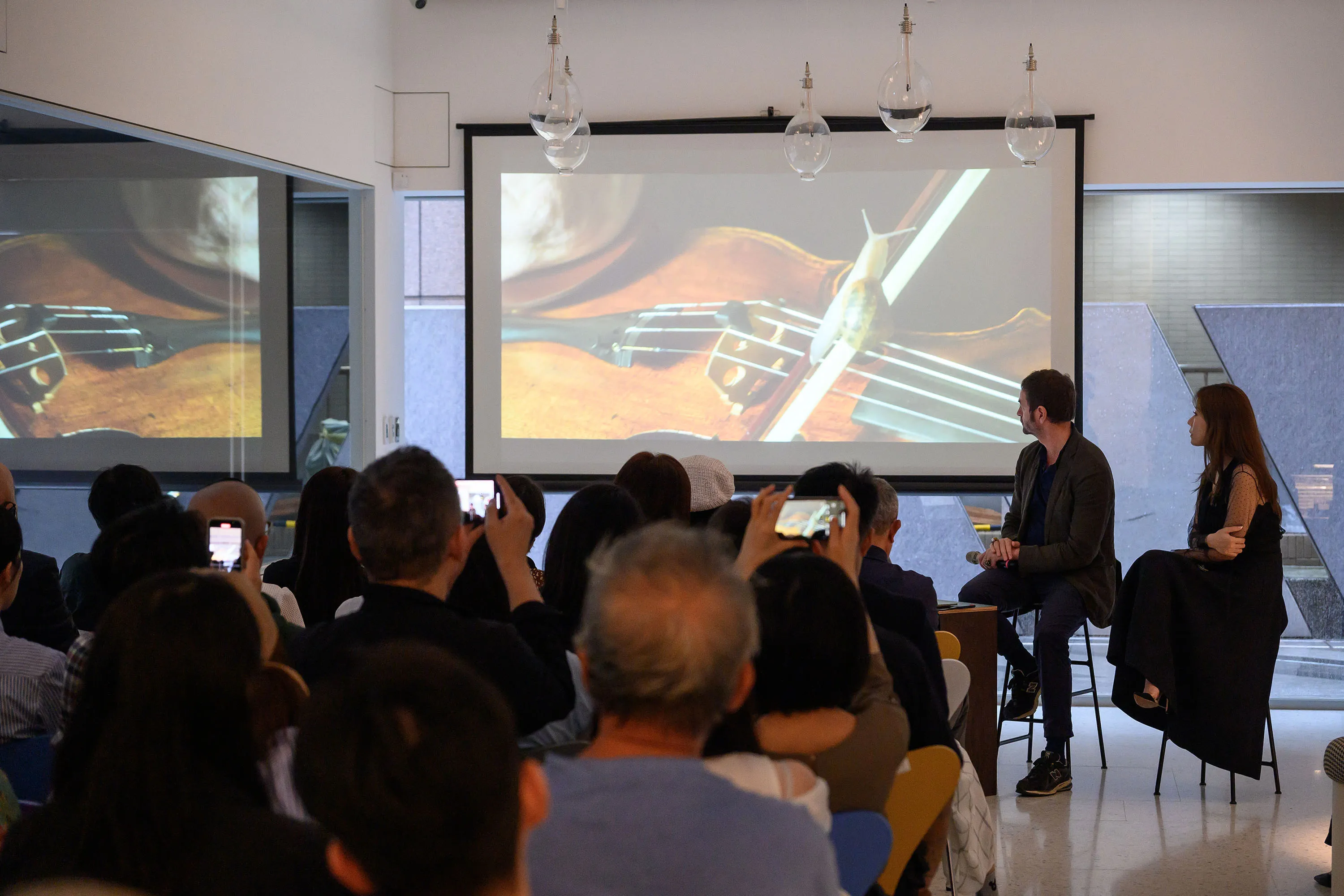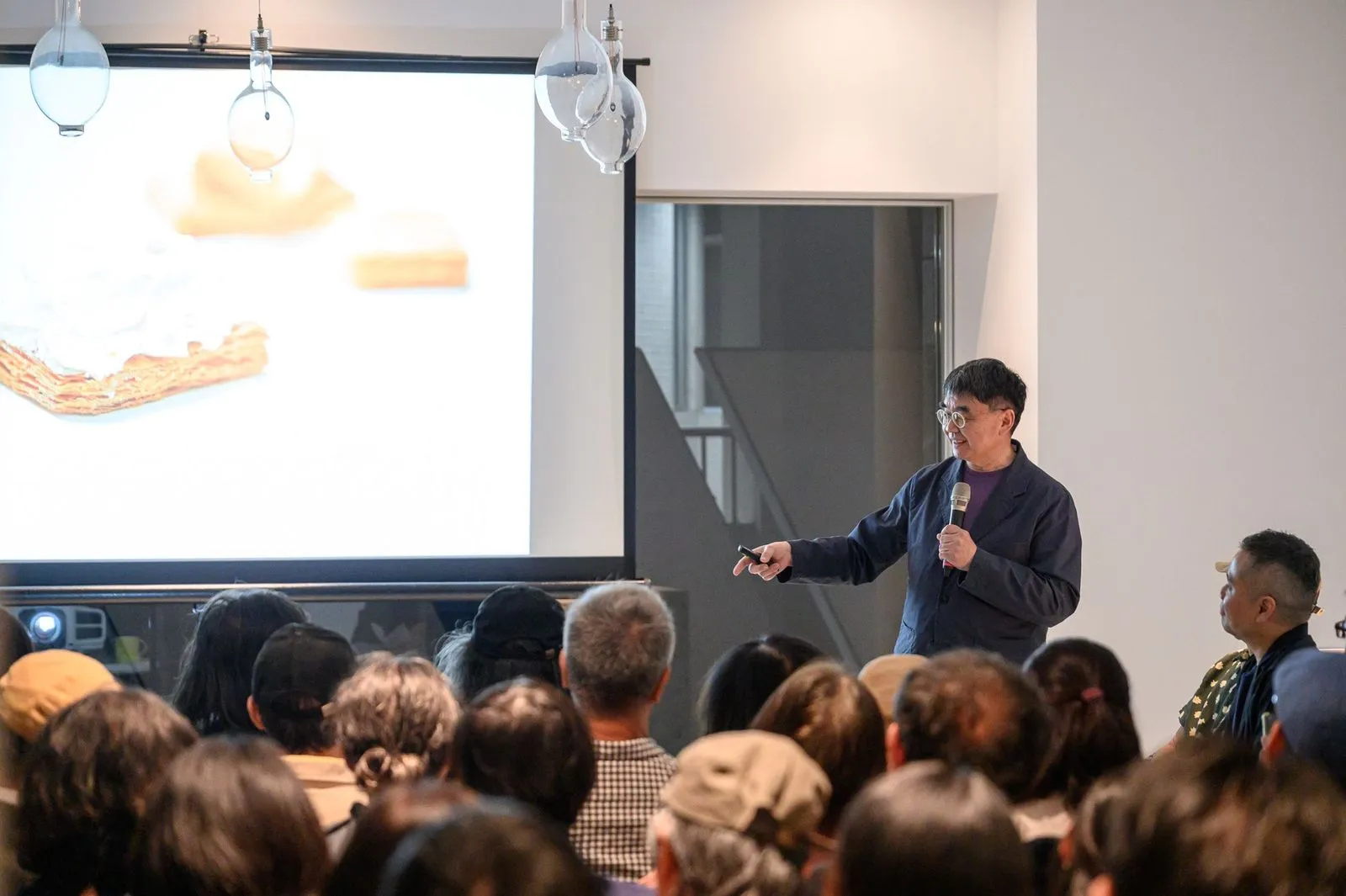
Architecture Salon| Who is Afraid of Yung-Ho Chang?
Speaker
Yong Chang and Fellow of the American Society of Architects, Very Architectural Founder/Lead Architect, MIT Emeritus Professor
Guests
Yuen Ching Yue Architect/Curator/Writer
Assistant Professor, Department of Architecture, Feng Guo An Dong Hai University
Host
Wang Chin-kun, Secretary, Taiwan Residential Building Award Association
Location
Winsing Art Place (No. 6, Lane 10, Lane 180, Section 6, Section 6, Minquan East Road, Neihu District, Taipei City)
Fee
The event is free, advance registration is required
Introduction
As one of the most important architects in contemporary Chinese architecture, Zhang Yonghe, in addition to his regional and critical architectural practice, is also an architectural educator who transcends fields beyond architecture, including installations, stages, furniture, products, clothing, ornaments, and sweets, etc.
The Wen Sin Art Foundation was honored to invite him to Wen Sin Art Institute to share his thoughts and creations on architecture and to talk with Nguyen Ching Yue and Feng Guoan. The theme of the conversation comes from Who's Afraid of Virginia Woolf? , a three-time Pulitzer Prize-winning stage play by Edward Albee, a famous American playwright. Albee believes that art should break boundaries while changing the audience's perception of things, to reflect on Zhang Yong's personal connections to the diverse creative landscape beyond architectural practice and academia.
Event Review
Many people's understanding of architect Yung-Ho Chang comes from the "Commune by the Great Wall" project in Beijing in 2002 and the "Rumor of China Towns—Chinese Architecture” exhibition in 2004 at the Museum of Contemporary Art in Taipei. From being invited as one of the avant-garde Asian architects, including Hsueh-Yi Chien from Taiwan, to design houses at the Great Wall in Beijing, to presenting experimental works beyond architecture in Taipei, Yung-Ho Chang has long had exchanges and connections with Taiwan's architectural community. This dialogue at Winsing Art Space also engages Taiwanese curator Ching-Yueh Roan and Hong Kong architect Kwok-On Fung, who previously worked with Chang in Beijing.
Led by Yung-Ho Chang and Li-Jia Lu, FCJZ’s creations over the past 30 years have gone far beyond the aforementioned small-scale experimental buildings. In addition to notable works such as the Jishou Art Museum in Hunan, the Spring Terrace in Langtou, Guangzhou, the Maison de la Chine in Paris, and the China Academy of Art Hangzhou Campus, they have also ventured into furniture, lighting, food, clothing, tableware, calendars, and more. Yung-Ho Chang possesses the broad-minded character of a scholar in the past China, refusing to be confined to a single profession.
In the 1980s, while teaching in the United States, Yung-Ho Chang spent eight years drawing paper architecture without clients or sites. This utopian design, free from market constraints, allowed him to focus on pure architectural issues. Subsequently, he treated house building as "social practice," aiming to meet clients' needs while also suggesting more suitable site locations or space programming from an architect's perspective. When completed works positively impacted the local area, more clients were willing to accept his suggestions, creating a virtuous cycle. Chang believes that being able to provide clients with a good design they can understand is also a social responsibility for an architect.
Chang acknowledges the value of architectural design while also recognizing the limitations of what architects can achieve. For instance, architecture can address publicness but cannot resolve issues like war, poverty, or epidemics. Despite the fact that architects cannot solve the disparity between the rich and the poor, they should still be aware of these issues. Self-deprecatingly describes his works as earthy, Yung-Ho Chang is a professional modern intellectual of the Zeitgeist, while as a resistor. He carries the nostalgia of one era while resisting the torrent of another.
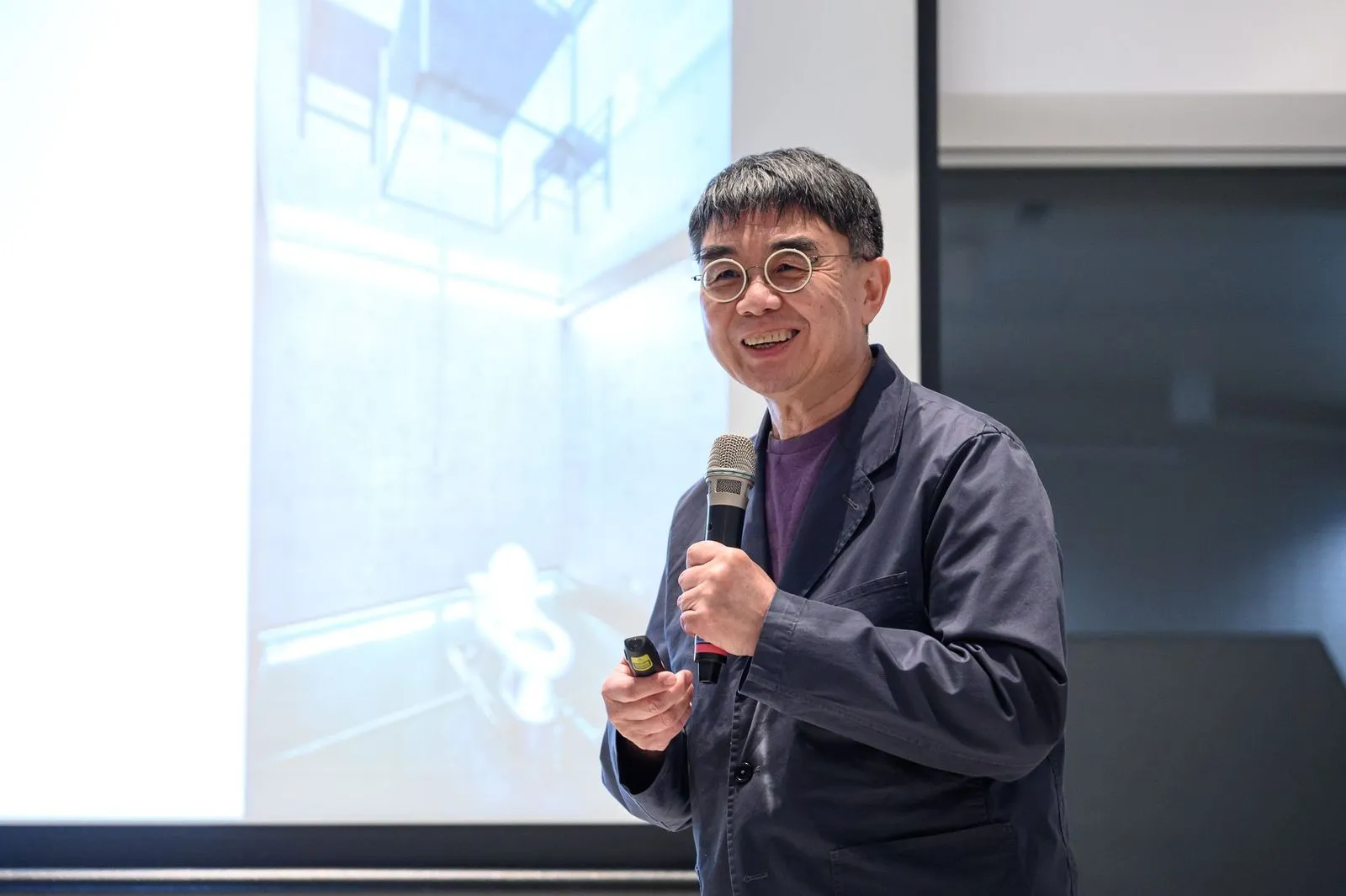
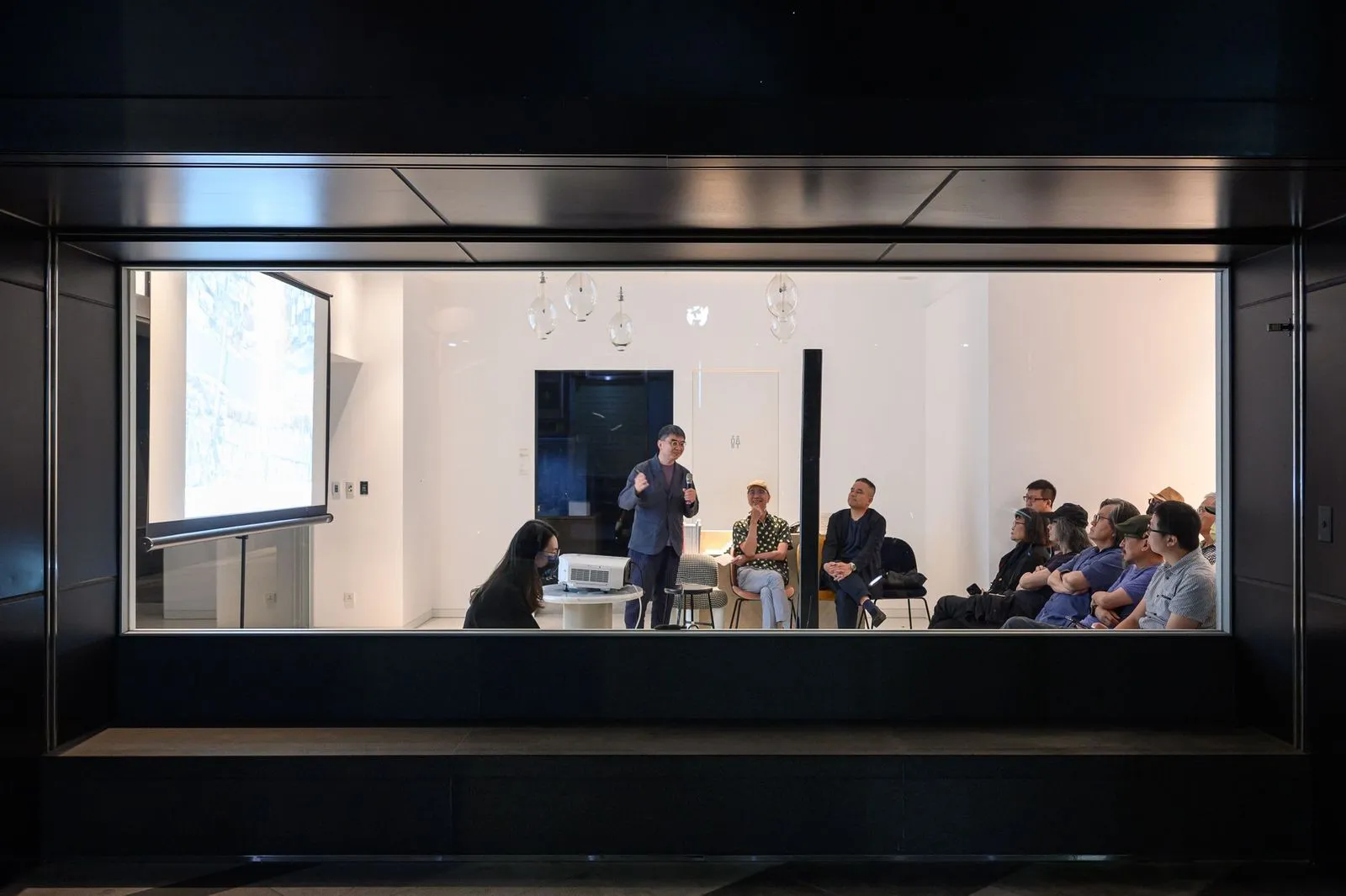
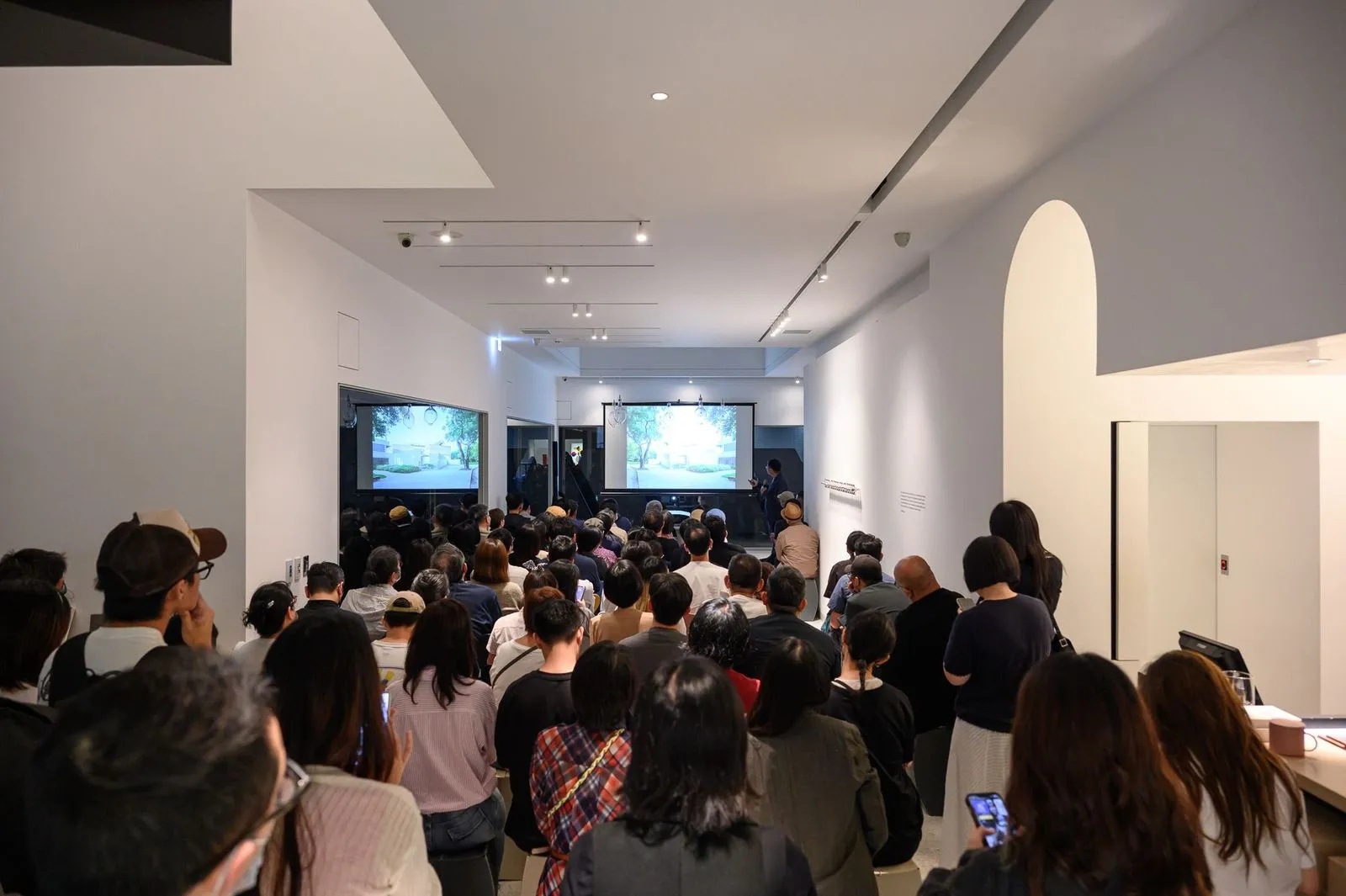
.webp)
